NEWS
The Durability and Longevity of Stainless Steel Sinks: A Comprehensive Guide
2024-02-15 09:03
Table of Contents:
1. Introduction
2. The Advantages of Stainless Steel Sinks
3. Understanding the Durability of Stainless Steel
4. Factors Influencing Longevity
5. Maintenance Tips for Stainless Steel Sinks
6. Choosing the Right Stainless Steel Sink
7. Frequently Asked Questions (FAQs)
8. Conclusion
When it comes to kitchen hardware and fixtures, stainless steel sinks have gained immense popularity. Renowned for their durability and longevity, stainless steel sinks offer a blend of functionality and aesthetics that make them a top choice for homeowners. In this guide, we will delve into the various aspects that contribute to the durability and longevity of stainless steel sinks. From understanding the advantages to maintenance tips and factors to consider when selecting a stainless steel sink, this article will equip you with valuable knowledge to make an informed decision for your kitchen.
Stainless steel sinks offer numerous advantages that make them stand out in the market. Firstly, they are highly resistant to stains, rust, and corrosion, ensuring a long-lasting finish. Secondly, stainless steel sinks are heat and impact resistant, making them capable of withstanding heavy use. Additionally, they are hygienic and easy to clean, thanks to their non-porous surface. Moreover, stainless steel sinks are versatile and can complement various kitchen styles, from modern to traditional.
Stainless steel sinks owe their durability to the unique properties of the material. Stainless steel is an alloy composed primarily of iron, chromium, and nickel. The presence of chromium forms a thin oxide layer on the surface of the sink, known as a passive layer. This passive layer protects the sink from corrosion, ensuring its durability over time. The higher the chromium content, the more resistant the sink is to corrosion and staining.
The corrosion-resistant nature of stainless steel sinks contributes significantly to their longevity. Even when exposed to water, chemicals, or acidic substances commonly found in kitchens, stainless steel sinks remain resistant to corrosion. This resistance ensures that the sink maintains its aesthetic appeal and structural integrity, even after years of use.
Another aspect of stainless steel sinks' durability is their scratch resistance. While no material is entirely scratch-proof, stainless steel sinks exhibit excellent resistance to scratches and dents. The hardness of stainless steel, coupled with its ability to self-heal minor scratches, contributes to its long-lasting performance.
Several factors influence the longevity of stainless steel sinks, and considering these aspects ensures you make an informed choice for your kitchen.
The gauge of stainless steel refers to the thickness of the material. A lower gauge number indicates a thicker and more durable sink. While sinks with a higher gauge can be more cost-effective, they may be prone to denting and may not provide the same level of durability as lower gauge sinks.
The construction of the sink is another crucial factor affecting its longevity. Opt for sinks with sound deadening pads or undercoating, as they minimize noise and protect against condensation. Sinks with a higher number of seams or welds may be more prone to corrosion and leaks.
Not all stainless steel is made equal. Look for sinks made from higher grades of stainless steel, such as 304 or 316, for superior durability. These grades offer better resistance to corrosion and staining compared to lower-grade alternatives.
Proper maintenance plays a vital role in ensuring the longevity of stainless steel sinks.
Regular cleaning is essential to prevent the build-up of debris and maintain the sink's lustrous appearance. Simply using warm water and mild dish soap, along with a soft cloth or sponge, is usually sufficient to clean stainless steel sinks.
Avoid using abrasive cleaners or pads that can scratch the surface of the sink. Harsh chemicals, such as bleach or ammonia, should also be avoided as they can damage the protective layer of the stainless steel.
While stainless steel sinks are resistant to scratches, taking precautionary measures can further enhance their longevity. Using a sink grid or mat can help protect the sink's surface from heavy pots, pans, and utensils.
With a multitude of options available, choosing the right stainless steel sink can seem overwhelming. Here are a few factors to consider when making your selection:
Consider the available space in your kitchen and choose a sink size and configuration that suits your needs. Whether it's a single bowl or double bowl sink, ensure it fits seamlessly into your countertop.
Stainless steel sinks come in various styles and designs, including undermount, top-mount, and farmhouse. Choose a style that complements your kitchen's aesthetics and aligns with your personal preferences.
Set a budget range and explore different options within that range. Keep in mind that investing in a higher quality stainless steel sink may result in better durability and longevity.
Stainless steel sinks can produce a metallic sound when water hits the surface. However, sinks with sound deadening pads or undercoating significantly reduce noise levels.
Stainless steel sinks are highly resistant to rust. However, certain factors like chloride-based cleaners or exposure to saltwater can cause rust-like stains. Regular maintenance and avoiding harsh chemicals can prevent rusting.
While stainless steel sinks are resistant to scratches, they can develop minor scratches over time. The self-healing properties of stainless steel help minimize the visibility of these scratches.
Stainless steel sinks can withstand high temperatures, making them suitable for placing hot pots and pans directly on the surface. However, using a trivet or heat-resistant pad is recommended to prevent any potential damage.
With proper care and maintenance, stainless steel sinks can last for decades. Their durability and resistance to corrosion contribute to their long lifespan.
In conclusion, stainless steel sinks offer unmatched durability and longevity, making them an excellent investment for your kitchen. Their resistance to corrosion, scratches, and stains ensures they maintain their aesthetic appeal for years to come. By understanding the factors that influence their durability and considering essential maintenance tips, you can maximize the lifespan of your stainless steel sink. Choose wisely, and you'll enjoy a reliable, stylish, and long-lasting sink that enhances your kitchen experience.
1. Introduction
2. The Advantages of Stainless Steel Sinks
3. Understanding the Durability of Stainless Steel
4. Factors Influencing Longevity
5. Maintenance Tips for Stainless Steel Sinks
6. Choosing the Right Stainless Steel Sink
7. Frequently Asked Questions (FAQs)
8. Conclusion
1. Introduction
When it comes to kitchen hardware and fixtures, stainless steel sinks have gained immense popularity. Renowned for their durability and longevity, stainless steel sinks offer a blend of functionality and aesthetics that make them a top choice for homeowners. In this guide, we will delve into the various aspects that contribute to the durability and longevity of stainless steel sinks. From understanding the advantages to maintenance tips and factors to consider when selecting a stainless steel sink, this article will equip you with valuable knowledge to make an informed decision for your kitchen.
2. The Advantages of Stainless Steel Sinks
Stainless steel sinks offer numerous advantages that make them stand out in the market. Firstly, they are highly resistant to stains, rust, and corrosion, ensuring a long-lasting finish. Secondly, stainless steel sinks are heat and impact resistant, making them capable of withstanding heavy use. Additionally, they are hygienic and easy to clean, thanks to their non-porous surface. Moreover, stainless steel sinks are versatile and can complement various kitchen styles, from modern to traditional.
3. Understanding the Durability of Stainless Steel
Stainless steel sinks owe their durability to the unique properties of the material. Stainless steel is an alloy composed primarily of iron, chromium, and nickel. The presence of chromium forms a thin oxide layer on the surface of the sink, known as a passive layer. This passive layer protects the sink from corrosion, ensuring its durability over time. The higher the chromium content, the more resistant the sink is to corrosion and staining.
3.1 Corrosion Resistance
The corrosion-resistant nature of stainless steel sinks contributes significantly to their longevity. Even when exposed to water, chemicals, or acidic substances commonly found in kitchens, stainless steel sinks remain resistant to corrosion. This resistance ensures that the sink maintains its aesthetic appeal and structural integrity, even after years of use.
3.2 Scratch Resistance
Another aspect of stainless steel sinks' durability is their scratch resistance. While no material is entirely scratch-proof, stainless steel sinks exhibit excellent resistance to scratches and dents. The hardness of stainless steel, coupled with its ability to self-heal minor scratches, contributes to its long-lasting performance.
4. Factors Influencing Longevity
Several factors influence the longevity of stainless steel sinks, and considering these aspects ensures you make an informed choice for your kitchen.
4.1 Gauge
The gauge of stainless steel refers to the thickness of the material. A lower gauge number indicates a thicker and more durable sink. While sinks with a higher gauge can be more cost-effective, they may be prone to denting and may not provide the same level of durability as lower gauge sinks.
4.2 Sink Construction
The construction of the sink is another crucial factor affecting its longevity. Opt for sinks with sound deadening pads or undercoating, as they minimize noise and protect against condensation. Sinks with a higher number of seams or welds may be more prone to corrosion and leaks.
4.3 Quality of Stainless Steel
Not all stainless steel is made equal. Look for sinks made from higher grades of stainless steel, such as 304 or 316, for superior durability. These grades offer better resistance to corrosion and staining compared to lower-grade alternatives.
5. Maintenance Tips for Stainless Steel Sinks
Proper maintenance plays a vital role in ensuring the longevity of stainless steel sinks.
5.1 Regular Cleaning
Regular cleaning is essential to prevent the build-up of debris and maintain the sink's lustrous appearance. Simply using warm water and mild dish soap, along with a soft cloth or sponge, is usually sufficient to clean stainless steel sinks.
5.2 Avoid Harsh Cleaners
Avoid using abrasive cleaners or pads that can scratch the surface of the sink. Harsh chemicals, such as bleach or ammonia, should also be avoided as they can damage the protective layer of the stainless steel.
5.3 Preventing Scratches
While stainless steel sinks are resistant to scratches, taking precautionary measures can further enhance their longevity. Using a sink grid or mat can help protect the sink's surface from heavy pots, pans, and utensils.
6. Choosing the Right Stainless Steel Sink
With a multitude of options available, choosing the right stainless steel sink can seem overwhelming. Here are a few factors to consider when making your selection:
6.1 Size and Configuration
Consider the available space in your kitchen and choose a sink size and configuration that suits your needs. Whether it's a single bowl or double bowl sink, ensure it fits seamlessly into your countertop.
6.2 Style and Design
Stainless steel sinks come in various styles and designs, including undermount, top-mount, and farmhouse. Choose a style that complements your kitchen's aesthetics and aligns with your personal preferences.
6.3 Budget
Set a budget range and explore different options within that range. Keep in mind that investing in a higher quality stainless steel sink may result in better durability and longevity.
7. Frequently Asked Questions (FAQs)
7.1 Are stainless steel sinks noisy?
Stainless steel sinks can produce a metallic sound when water hits the surface. However, sinks with sound deadening pads or undercoating significantly reduce noise levels.
7.2 Can stainless steel sinks rust?
Stainless steel sinks are highly resistant to rust. However, certain factors like chloride-based cleaners or exposure to saltwater can cause rust-like stains. Regular maintenance and avoiding harsh chemicals can prevent rusting.
7.3 Do stainless steel sinks scratch easily?
While stainless steel sinks are resistant to scratches, they can develop minor scratches over time. The self-healing properties of stainless steel help minimize the visibility of these scratches.
7.4 Can I place hot pots and pans directly on a stainless steel sink?
Stainless steel sinks can withstand high temperatures, making them suitable for placing hot pots and pans directly on the surface. However, using a trivet or heat-resistant pad is recommended to prevent any potential damage.
7.5 How long do stainless steel sinks last?
With proper care and maintenance, stainless steel sinks can last for decades. Their durability and resistance to corrosion contribute to their long lifespan.
8. Conclusion
In conclusion, stainless steel sinks offer unmatched durability and longevity, making them an excellent investment for your kitchen. Their resistance to corrosion, scratches, and stains ensures they maintain their aesthetic appeal for years to come. By understanding the factors that influence their durability and considering essential maintenance tips, you can maximize the lifespan of your stainless steel sink. Choose wisely, and you'll enjoy a reliable, stylish, and long-lasting sink that enhances your kitchen experience.
Related News

Possess many high-end stainless steel sinks with fashionable design, beautiful and practical, and fine workmanship

Message
客户留言
Description:
Copyright 2021 HESHAN SHUNHE METAL PRODUCT CO.,LTD 粤ICP备16010972号-1 Powered by:300.cn

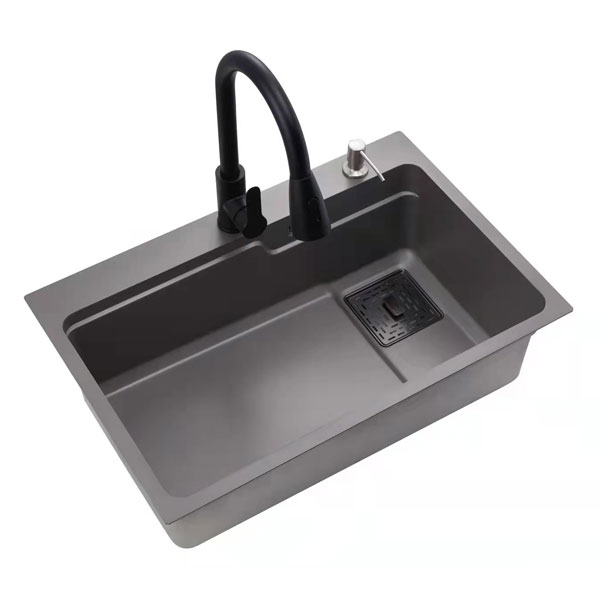

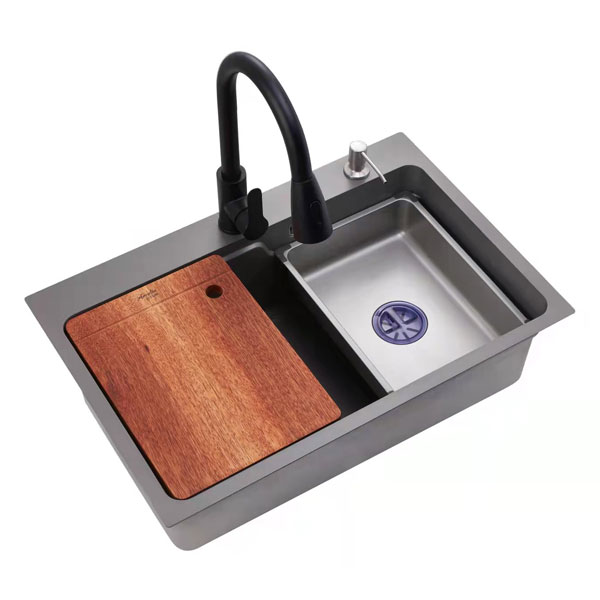
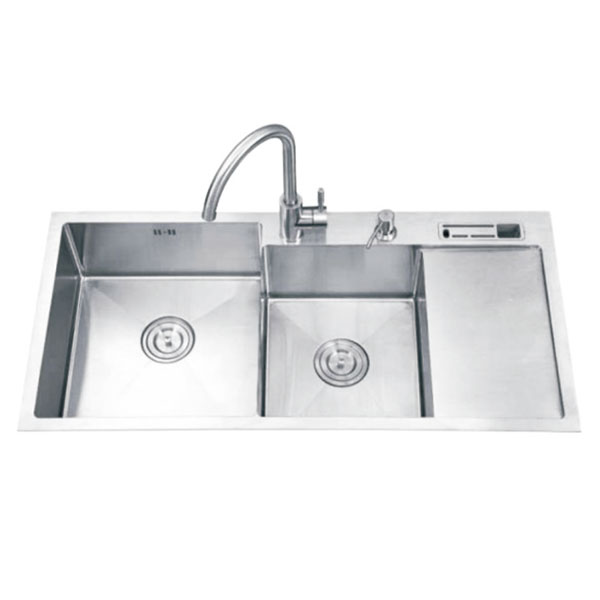
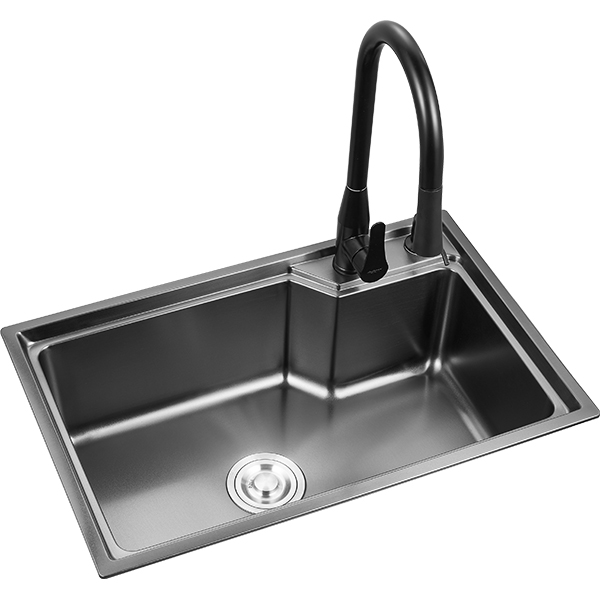
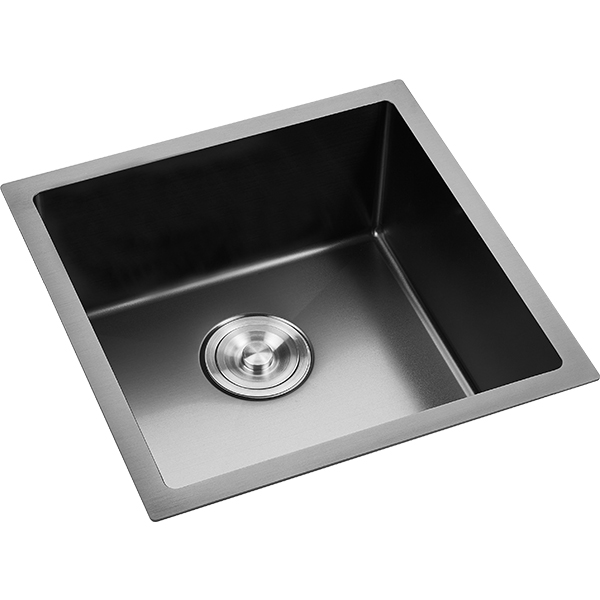
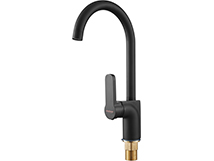
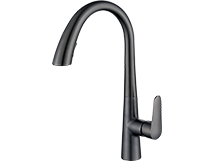
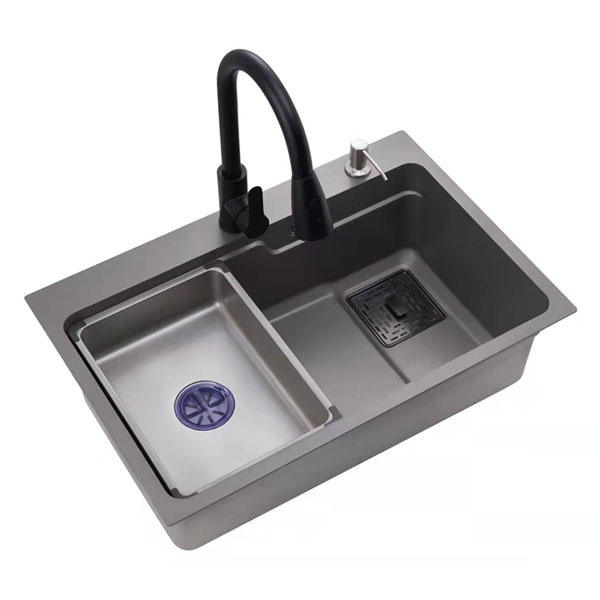
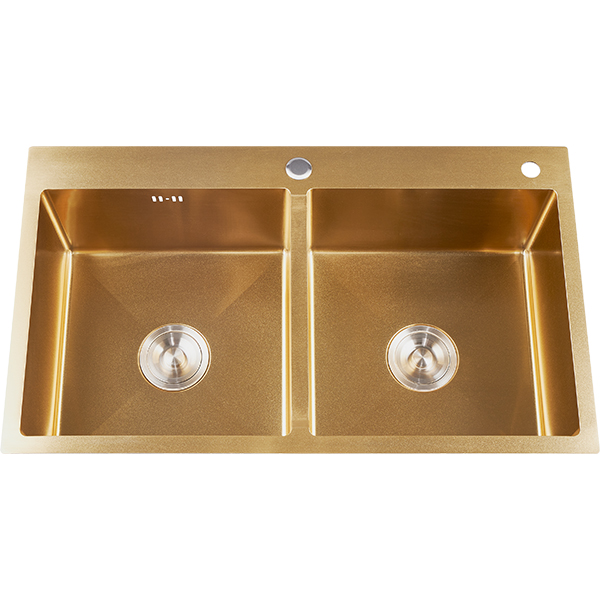
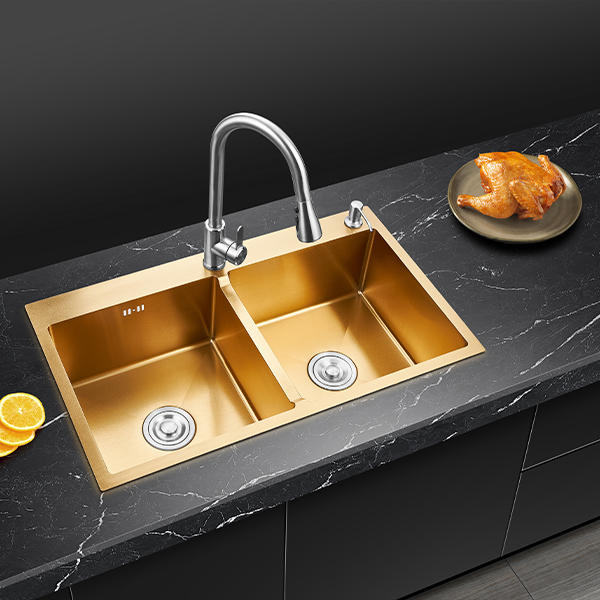

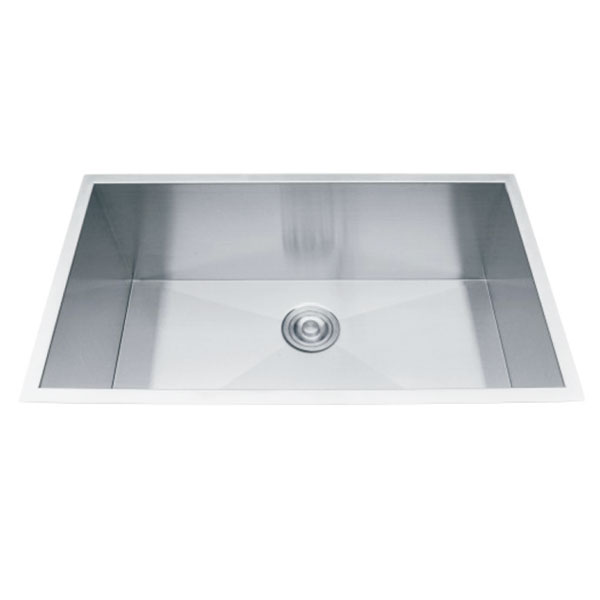
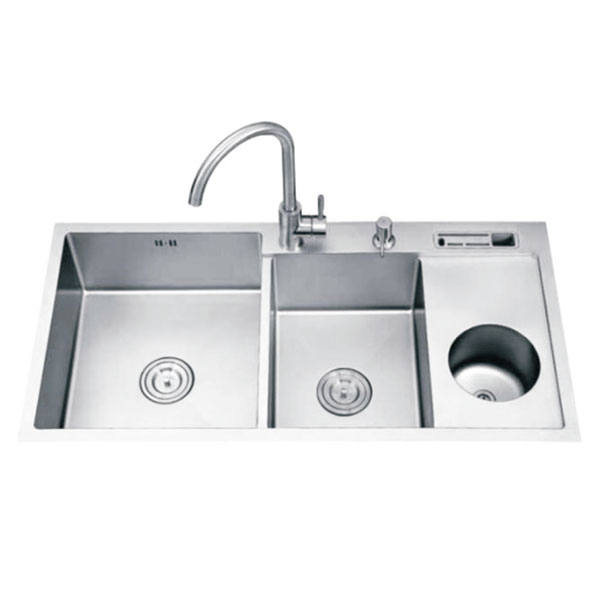
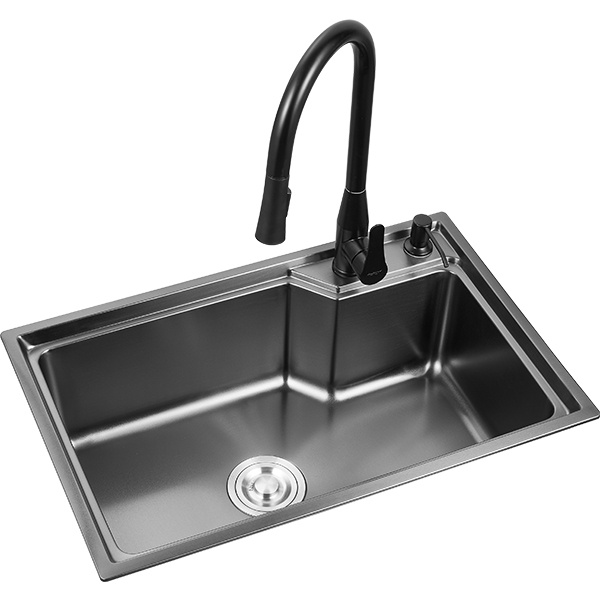
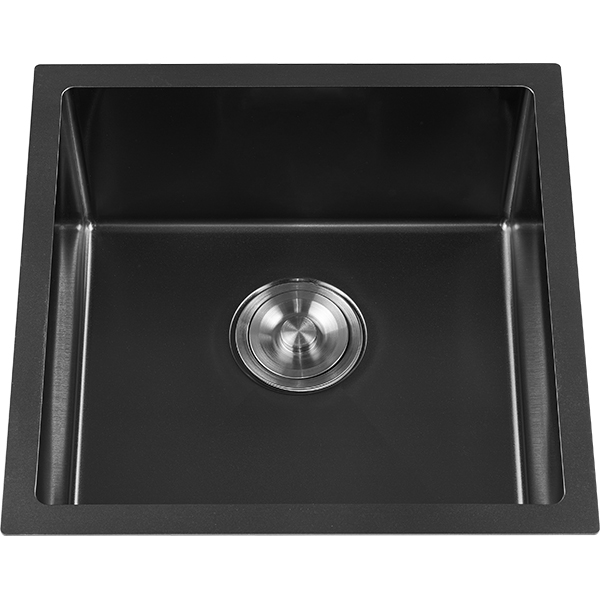
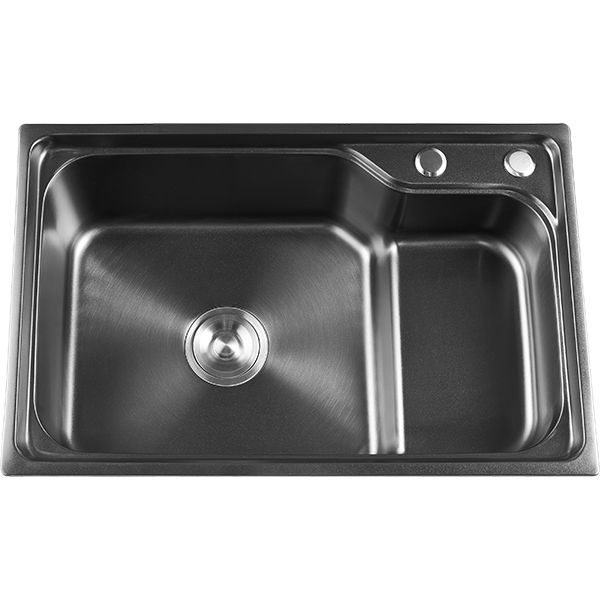
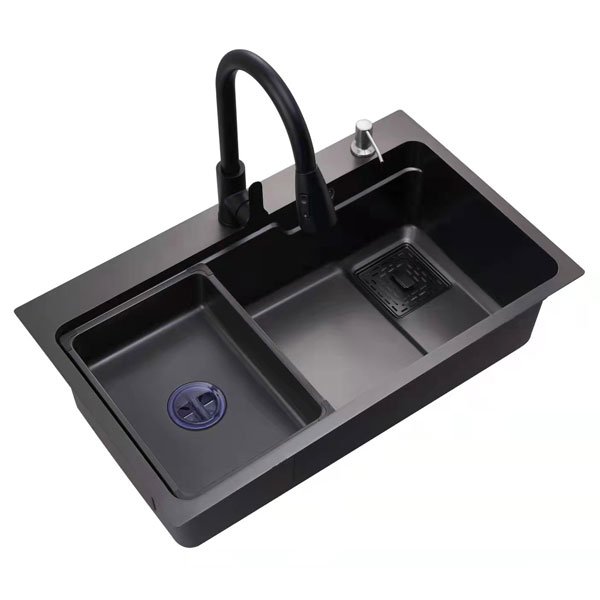
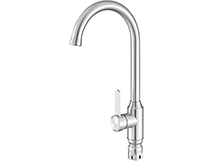
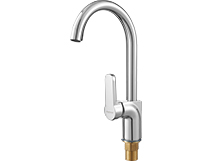

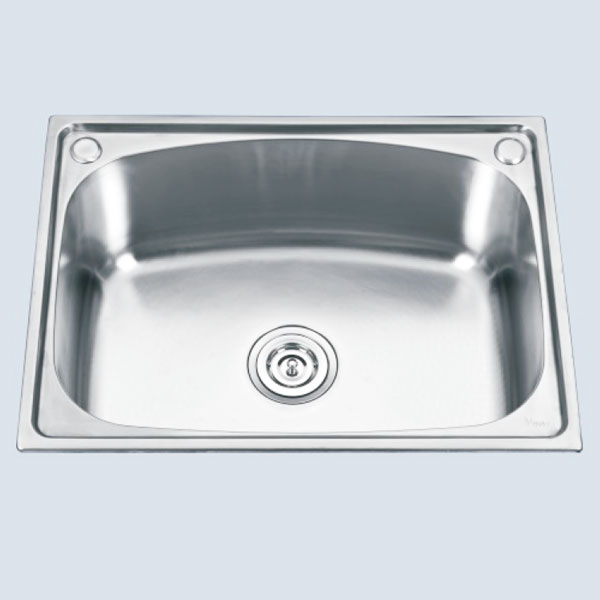
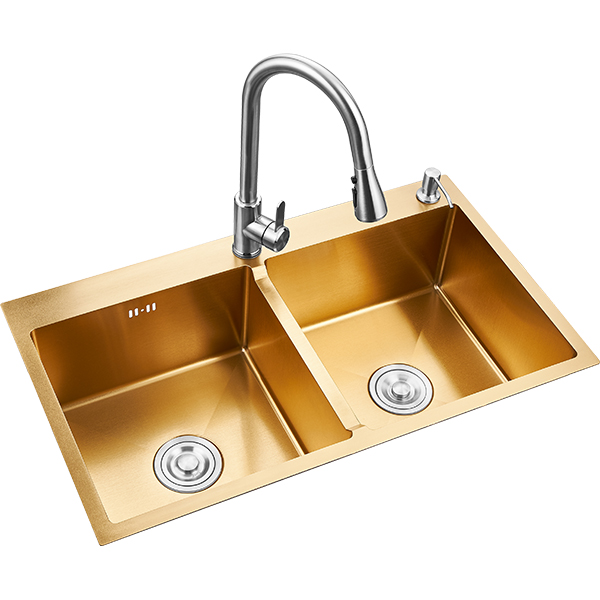
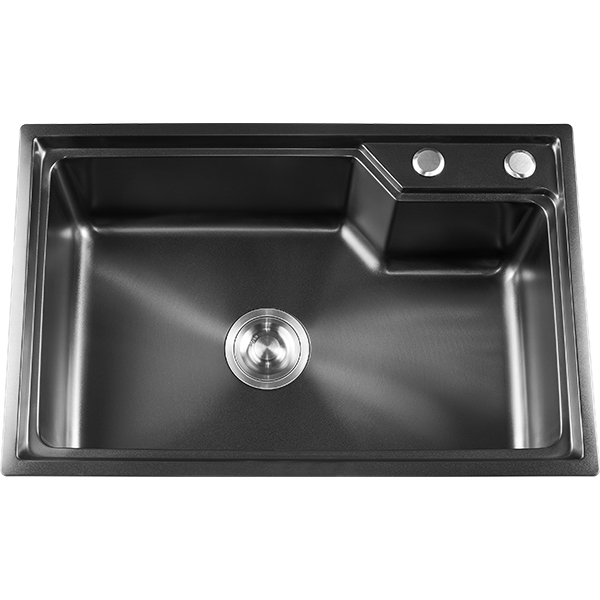
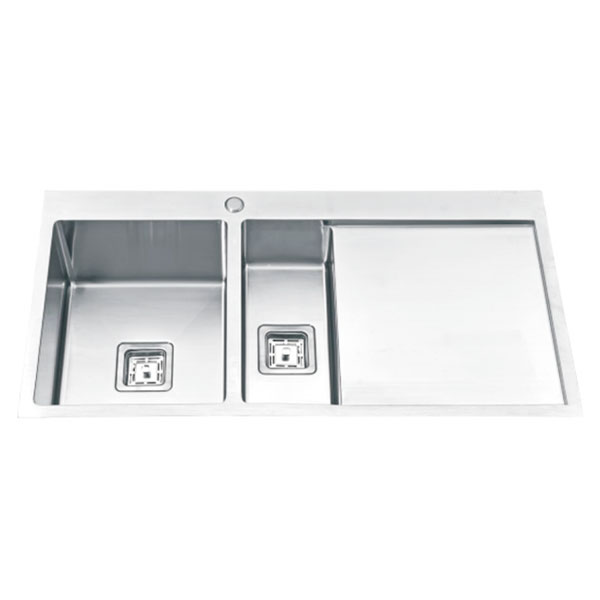
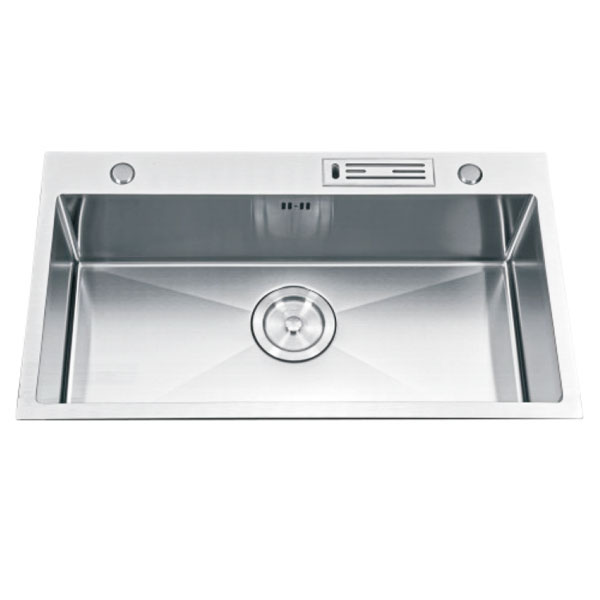
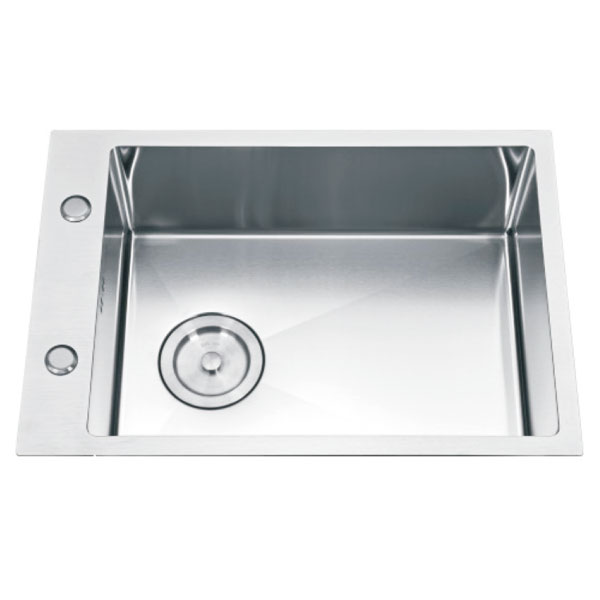
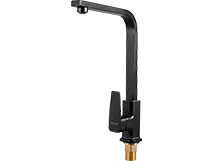

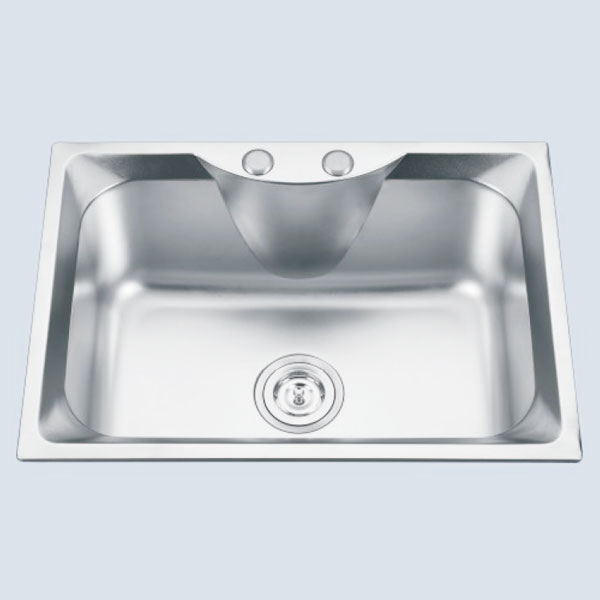

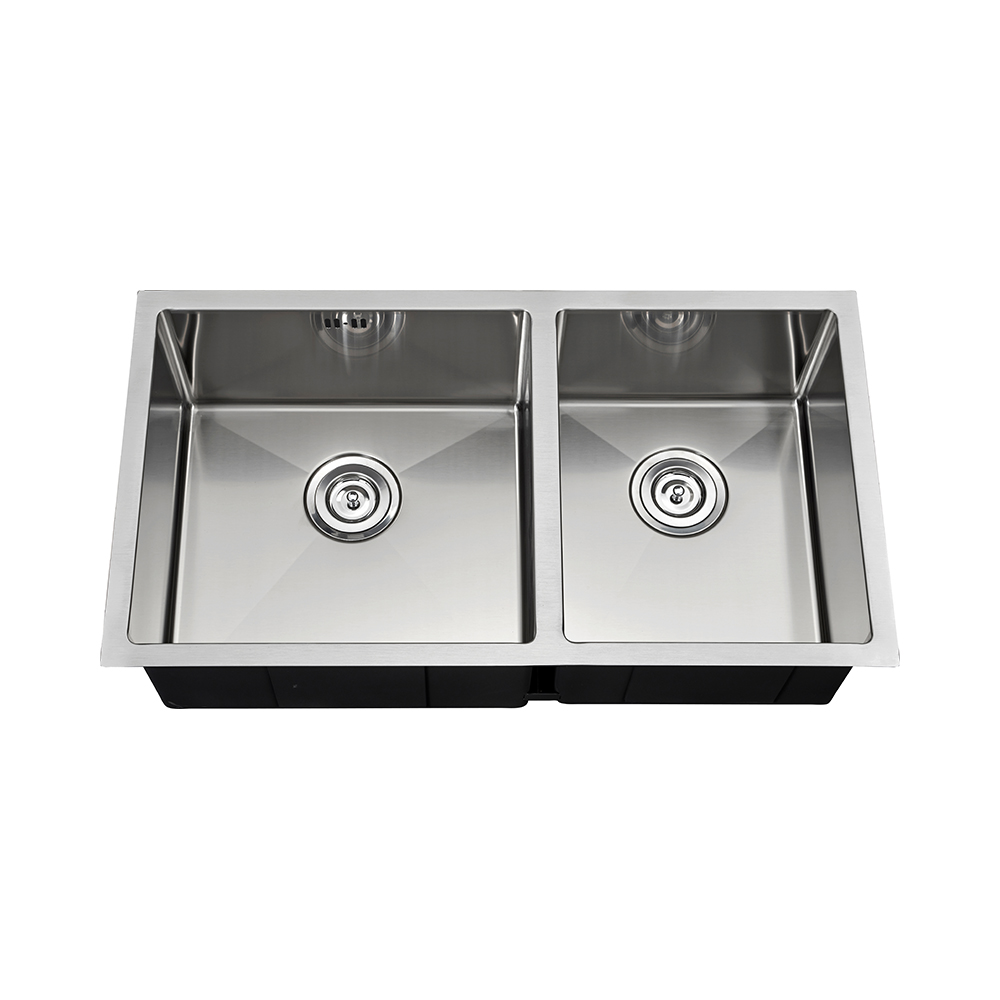

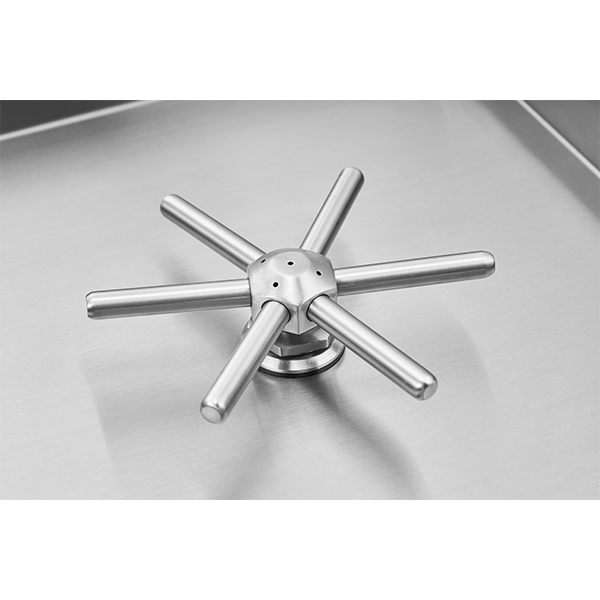
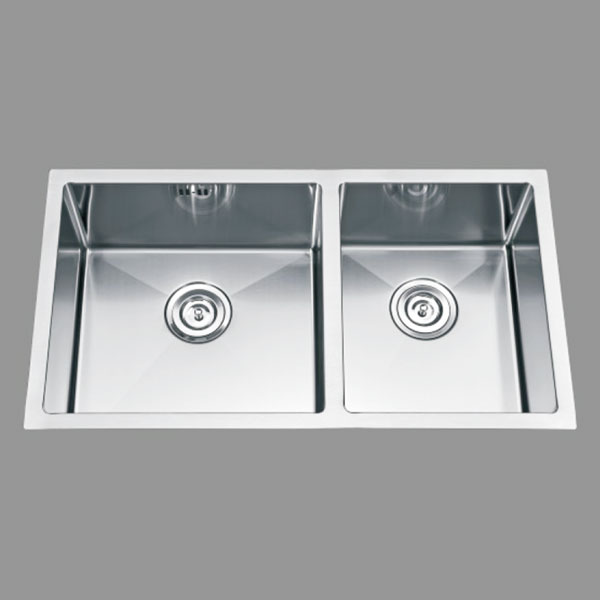
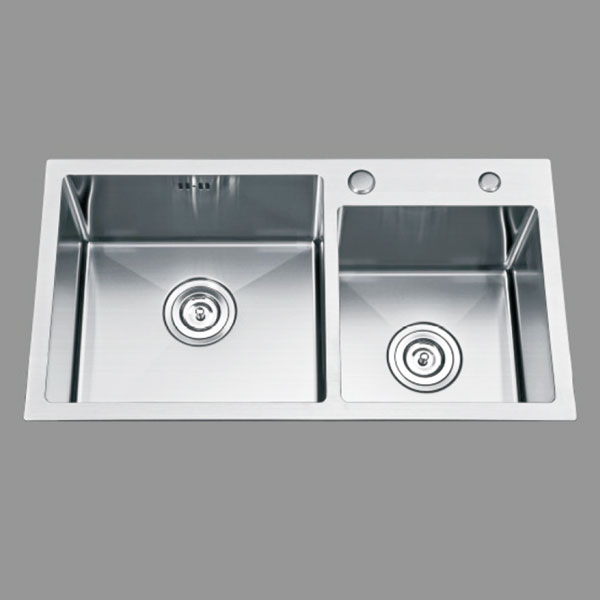
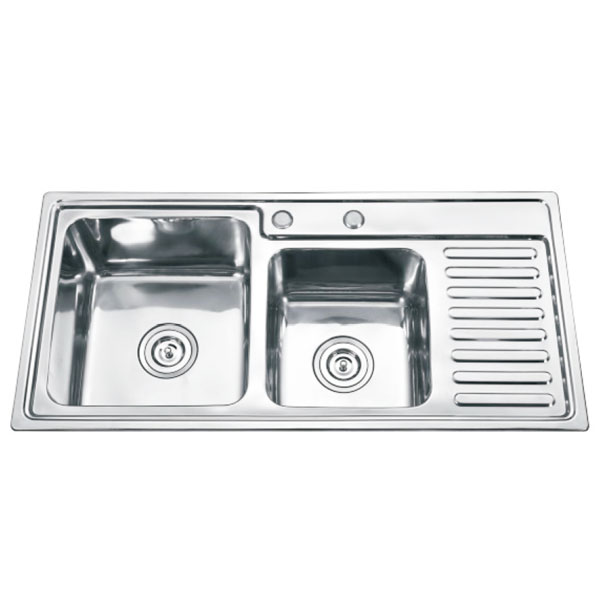
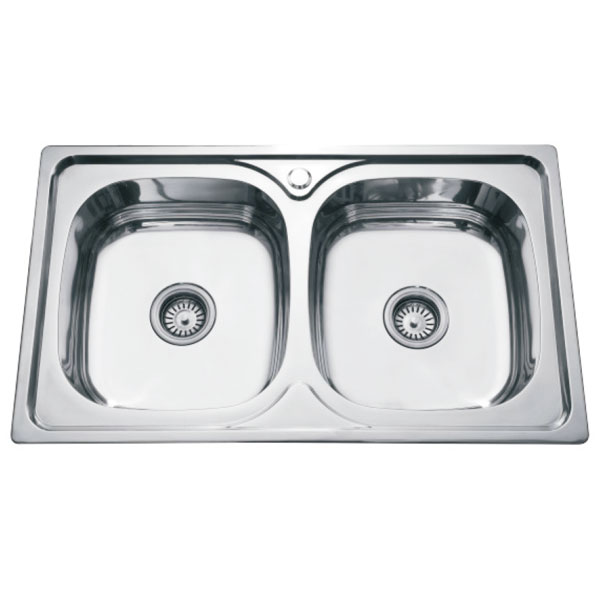
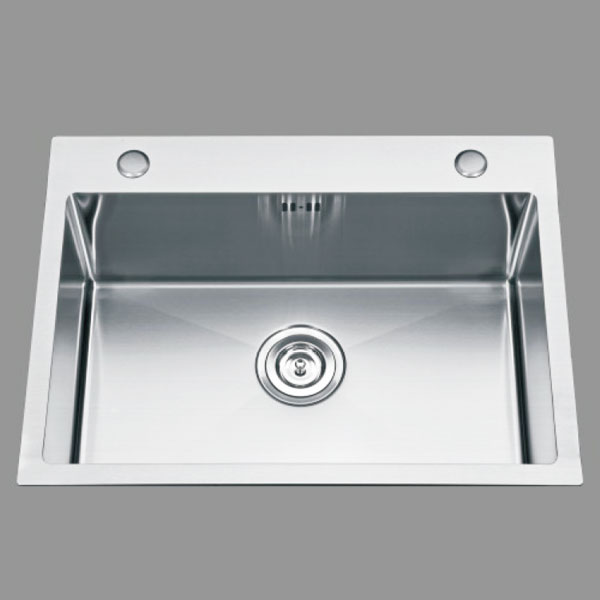
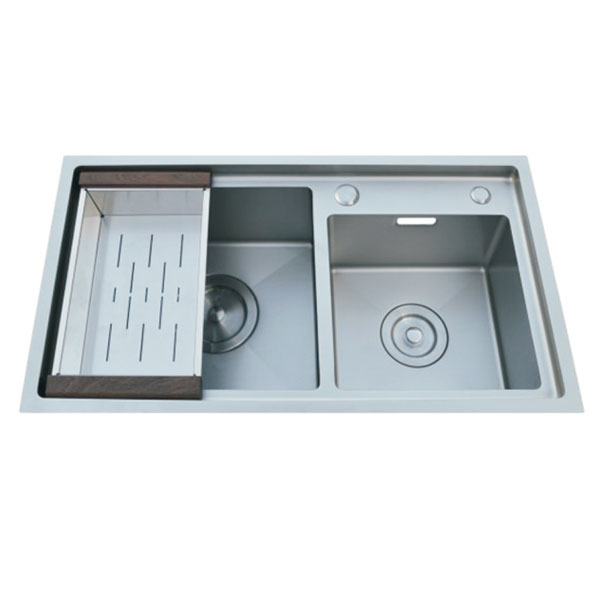
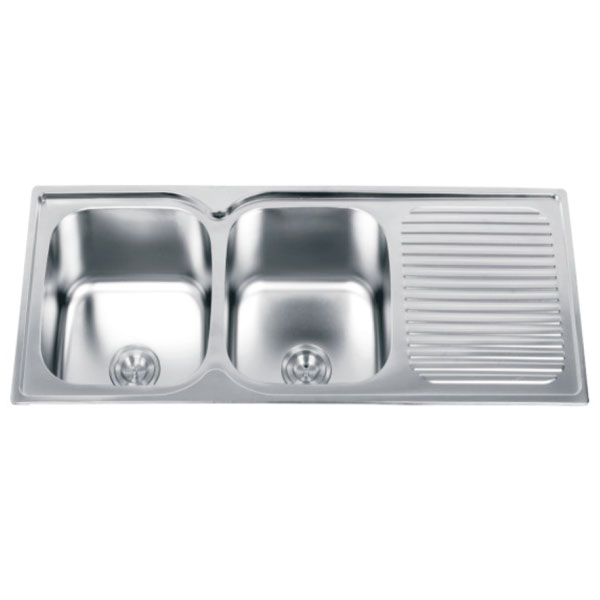
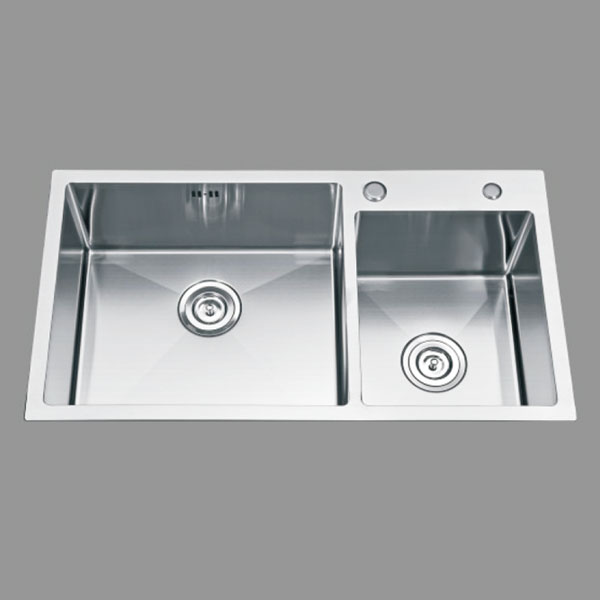
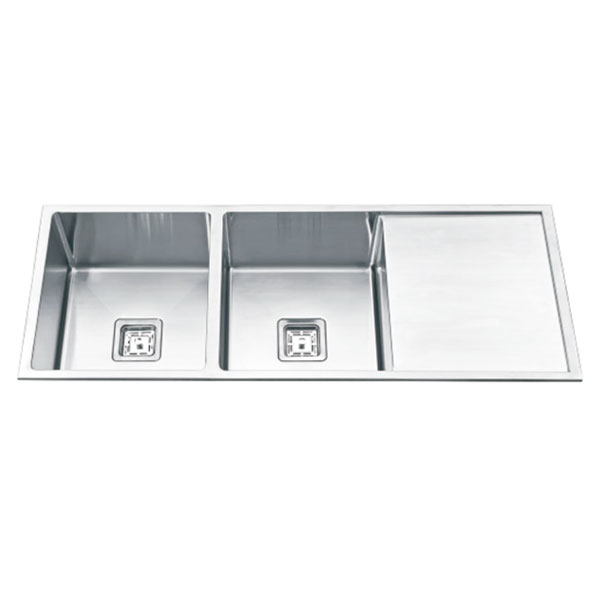
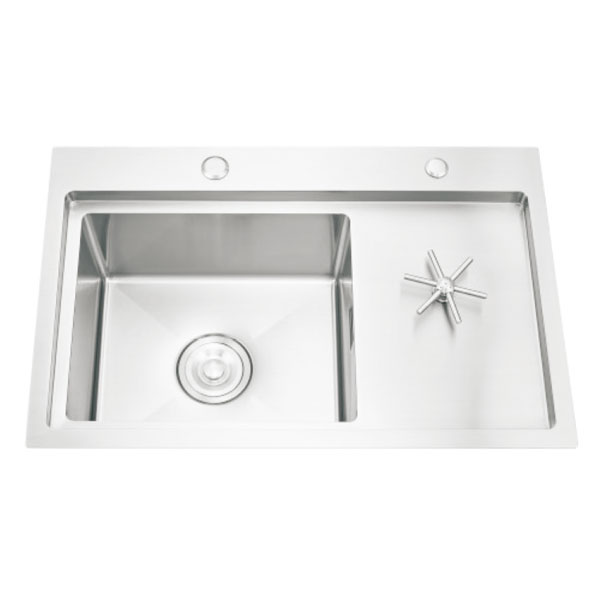
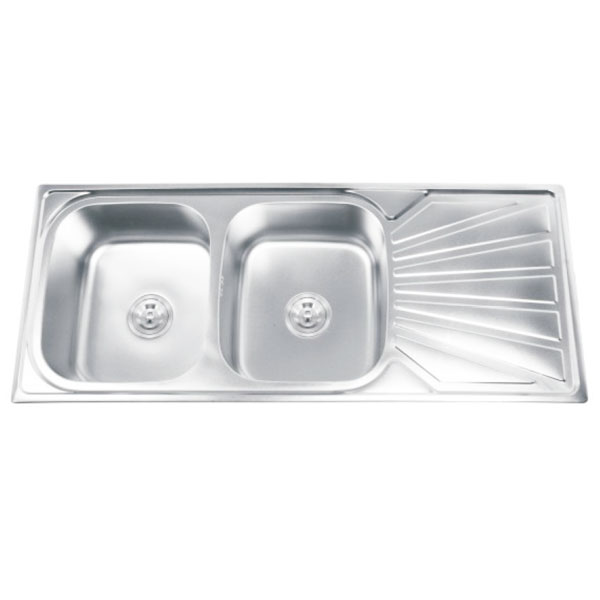
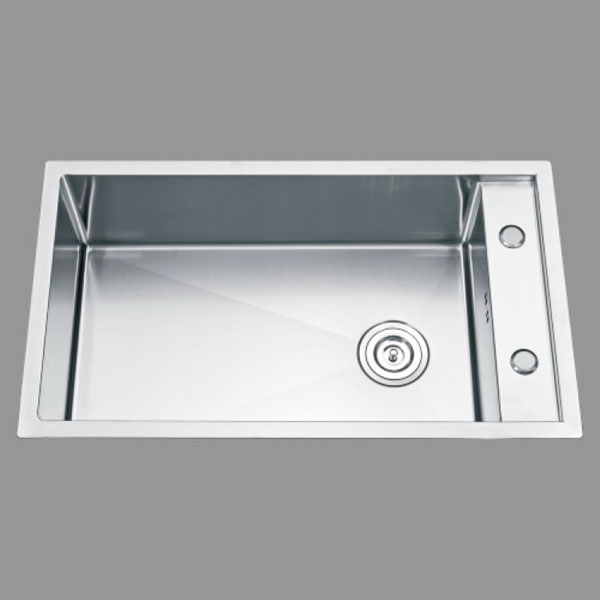
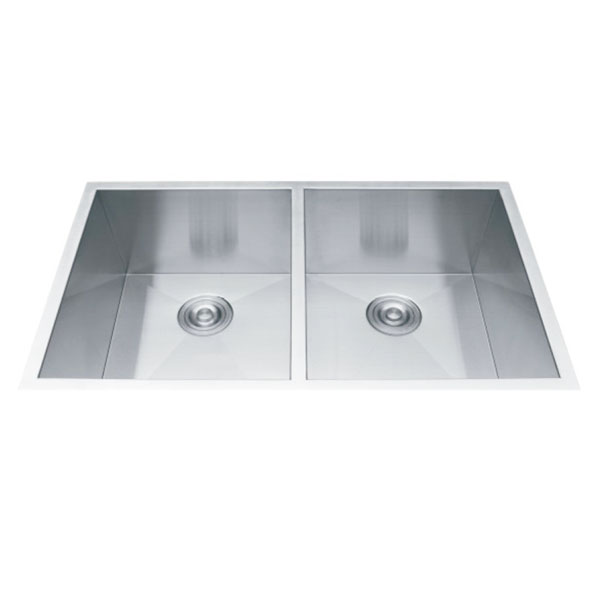

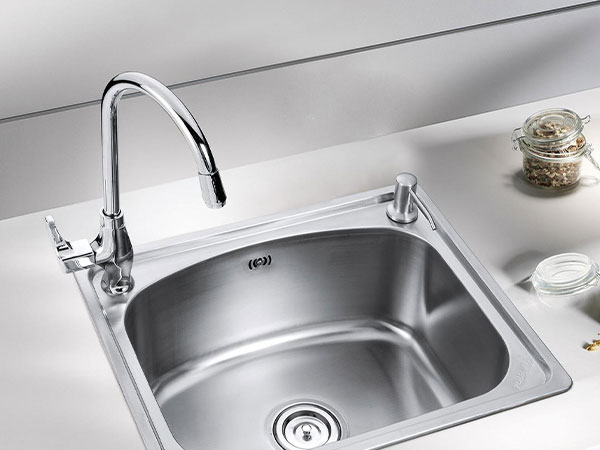
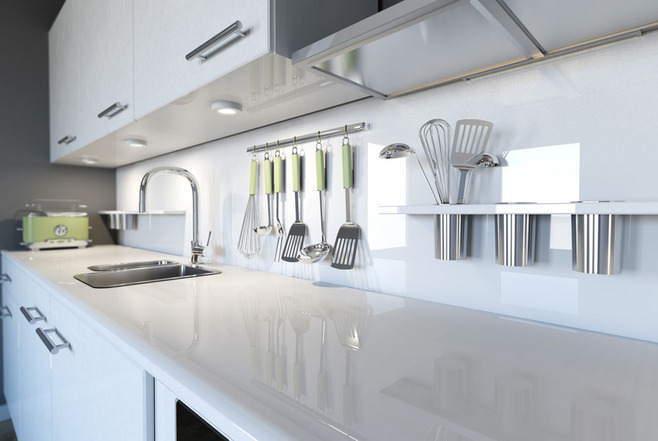


 0750-8308638
0750-8308638

 vivian_shunhe@sunhere.cn
vivian_shunhe@sunhere.cn Message
Message